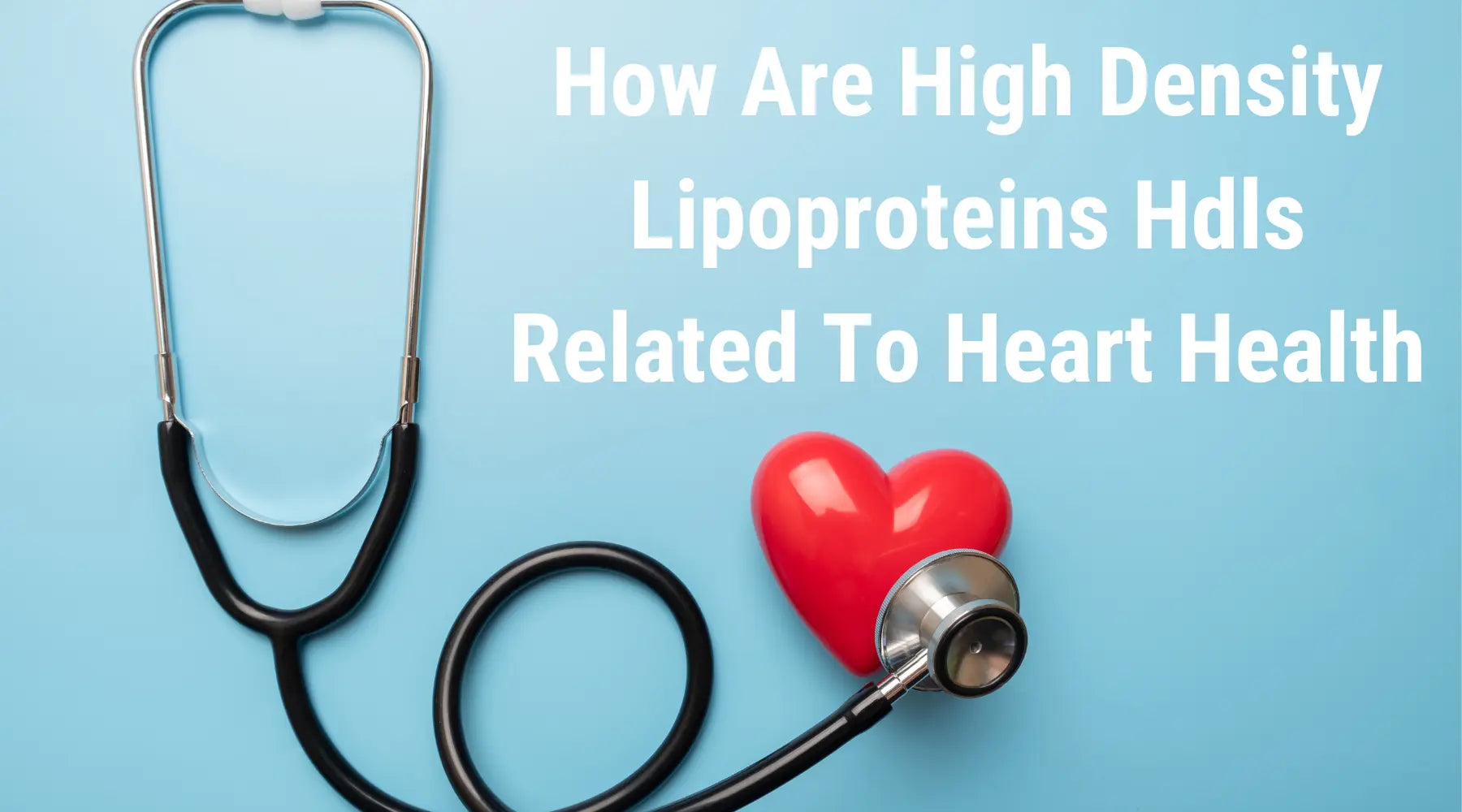 We frequently hear about the significance of "good" and "bad" cholesterol in heart health. High-density lipoproteins (HDLs), classified as "good" cholesterol, are essential for preserving a healthy heart. We will examine how HDLs relate to cardiovascular health in this blog post and the potential advantages of Shilajit in promoting cardiovascular health.
We frequently hear about the significance of "good" and "bad" cholesterol in heart health. High-density lipoproteins (HDLs), classified as "good" cholesterol, are essential for preserving a healthy heart. We will examine how HDLs relate to cardiovascular health in this blog post and the potential advantages of Shilajit in promoting cardiovascular health.
Heart Health and High-Density Lipoproteins (HDLs)
Transport of Cholesterol: HDLs move extra cholesterol from different sections of the body, such as the arteries, back to the liver. Reverse cholesterol transfer is the procedure that lessens the likelihood of highway clogging with cholesterol.
Artery Protection: HDLs have anti-inflammatory and antioxidant capabilities that aid in preventing damage to the endothelium, the inner lining of blood vessels. A healthy endothelium lowers the risk of atherosclerosis and supports smooth blood flow.
HDLs can stop blood clots from forming, essential for lowering the risk of heart attacks and strokes.
Effects on Inflammation: Heart disease is at risk due to chronic inflammation. It has been demonstrated that HDLs have anti-inflammatory characteristics, which can even lower the risk of cardiovascular events.
Shilajit Research for Heart Health
In the Himalayan region, a natural chemical called shilajit is known for its possible health advantages. Although further research is needed to determine Shilajit's benefits on cardiovascular health, it possesses several qualities that may support cardiovascular health:
Shilajit has a lot of antioxidants, which assist the body in fighting off dangerous free radicals and lessen the oxidative stress on the cardiovascular system.
According to specific research, Shilajit may aid in regulating blood pressure, an essential aspect of heart health.
Managing Cholesterol: Shilajit may contribute to lipid metabolism, assisting in preserving HDL and good cholesterol levels.
Effects on Inflammation: Shilajit's anti-inflammatory qualities may benefit heart health by lowering inflammation in blood vessels.
Conclusion
The body naturally protects itself against heart disease using High-Density Lipoproteins (HDLs). Their role in preserving cardiovascular health is furthered by their capacity to transfer cholesterol away from arteries, safeguard blood vessels, prevent blood clot formation, and minimize inflammation.
Although Shilajit's antioxidant, blood pressure-regulating, cholesterol-managing, and anti-inflammatory capabilities show promise in supporting heart health, they should not be used in place of a heart-healthy lifestyle or when necessary, prescribed drugs. People who want to improve their heart health should consult medical professionals for advice about their unique requirements.
In conclusion, realizing the importance of keeping good cholesterol levels and avoiding cardiovascular disease is made clear by knowing the role of HDLs in heart health. With its potential benefits, shilajit may support these initiatives and contribute to overall cardiovascular well-being when incorporated into a holistic approach to health.